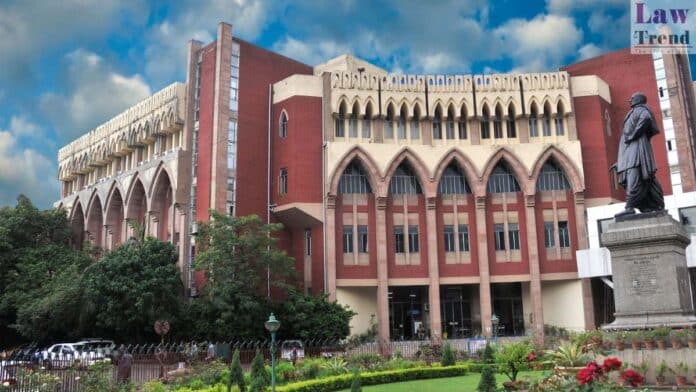In a significant directive, the Calcutta High Court on Wednesday instructed the West Bengal government to implement all necessary measures to maintain peace across various localities during the ongoing festive season. This order came during a hearing involving allegations of communal tension in Kolkata, post-Kali Puja celebrations.
The directive was issued by a division bench led by Chief Justice T S Sivagnanam, following claims by Suvendu Adhikari, Leader of the Opposition in the West Bengal Assembly. Adhikari’s petition cited recent disturbances in Rajabazar and Narkeldanga, where tensions escalated into violence involving large groups.
Responding to these allegations, Advocate General Kishore Dutta, representing the state, argued that the reported community clashes were unfounded. He described the incident as a law and order situation triggered by a scuffle between two individuals, which also resulted in injuries to some police officers. Dutta revealed that six FIRs had been filed, and 23 arrests made in connection with the violence.
The court has requested the state to submit a detailed report in the form of an affidavit by November 18, with a reply from Adhikari due by November 21, when the case is scheduled for further hearing.
In its directive, the court emphasized the state’s responsibility to ensure that festivities such as Chhath Puja and the upcoming Jagaddhatri Puja in Chandannagar are celebrated without disruptions. The justices stated, “It is the responsibility of the state to ensure that people celebrate the festival with the usual fervour without any hindrance.”
Adhikari, through his lawyer Billwadal Bhattacharya, also raised concerns over alleged attacks on Durga Puja pandals and deities, suggesting a conspiracy to undermine India’s security and integrity. He has requested that the investigation into these incidents be transferred to the National Investigation Agency (NIA).
Bhattacharya further clarified in court that the police have countered claims of an attacked Kali idol immersion procession, attributing the social unrest to a dispute over motorcycle parking, rather than any communal or orchestrated attack.




